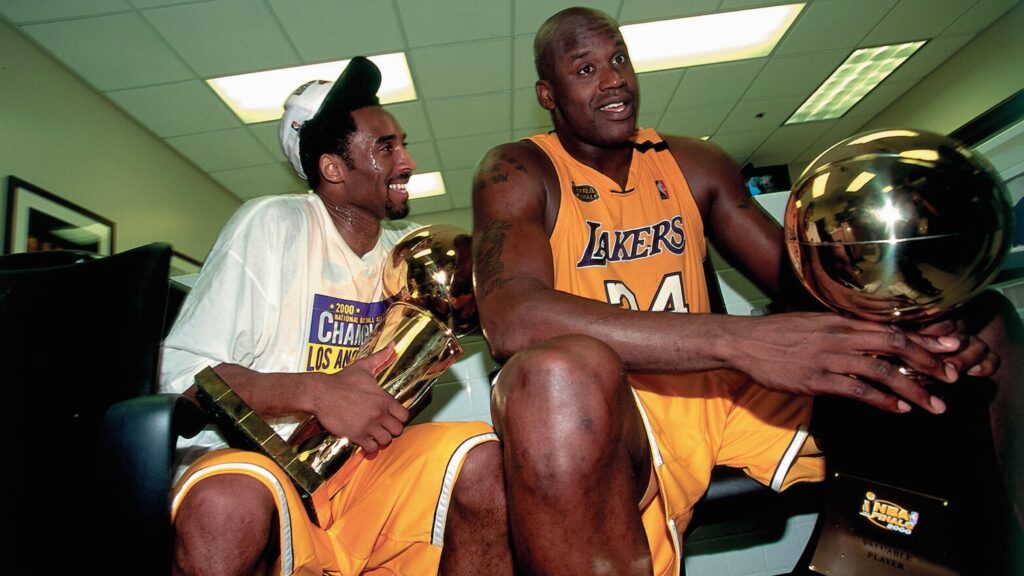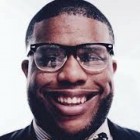
For Shaquille O’Neal, the 2000 NBA Finals weren’t just a series — they were a reckoning.
“That was my first one, right? The Pacers?” he recalled with a smirk. The moment might be a matter of public record, but for Shaq, it lives deeper — in memory, in motivation, and in the bruises he left behind.
Coming off a decade filled with promise but shadowed by frustration, O’Neal entered the Finals against the Indiana Pacers with history on his back and legacy in his sights. The ghosts of missed opportunities, especially his 1995 Finals loss with the Orlando Magic, still echoed.
“Because after making it to the Finals in ’94 and getting embarrassed by Hakeem Olajuwon,” Shaq said, referencing his battle against the Houston Rockets, “I said to myself, ‘if I ever go back, I gotta put on a performance so dominant that it won’t be a question who the champ is…’”
He did exactly that.
O’Neal averaged an earth-shaking 38 points, 16.7 rebounds, and 2.7 blocks per game during the six-game series against Indiana — numbers that don’t just demand respect, they redefine it. But the monster stats were only part of the story.
“There was something I had to prove and set an example,” he said. “Something that had to be done because, if we don’t win that first one, they’ll probably break us up and it’ll be a lot more negative stuff to talk about.”
The “they” was unmistakable — the front office, the critics, the media, and maybe even the fragile chemistry between O’Neal and his young co-star, Kobe Bryant. The stakes were championship or collapse. And Shaq knew it.
He also had a personal score to settle. “Rik Smits used to kill me when I was younger,” he admitted, referring to the Pacers’ 7’4” center. “So I know he’s way older. He came into the game – oh yeah Shaq’s a dog. He’s the same ol’ Shaq, giving out elbows to the face and in your mouth and in your nose…”
It was dominated by design.
“I’m coming to take this trophy by any means necessary.”
That June, in front of sold-out arenas and millions of viewers, O’Neal made good on every bit of that promise. He walked away with the championship — and the Finals MVP — but more importantly, with a legacy cemented.
It wasn’t just Shaq’s first ring. It was a signal to the league that the Lakers weren’t just Showtime’s sequel — they were a new dynasty, and at the center of it all stood a man who had been waiting to silence every doubt.
There were no more questions after that.
That championship run was more than just a culmination of talent. It was the result of years of criticism, personal growth, and relentless work behind the scenes. For all of Shaq’s charisma and off-court presence, what happened in the 2000 Finals was a man fully locked in, fueled by every slight and setback that came before.
In the years that followed, the Lakers would go on to win two more titles, completing a three-peat — but there was something about that first one that hit differently. It was validation. It was vindication. It was Shaq finally taking the league by the throat and refusing to let go.
And what a foundation it was. His Finals MVP in 2000 remains one of the most dominant postseason performances in league history. It wasn’t finesse. It wasn’t politics. It was power. Raw, unrelenting, and impossible to stop.Looking back now, that first ring feels like the moment Shaq became more than just a superstar. He became a champion. Not just in title, but in mentality — one forged by pain, matured through patience, and delivered, as he put it best, by any means necessary.

